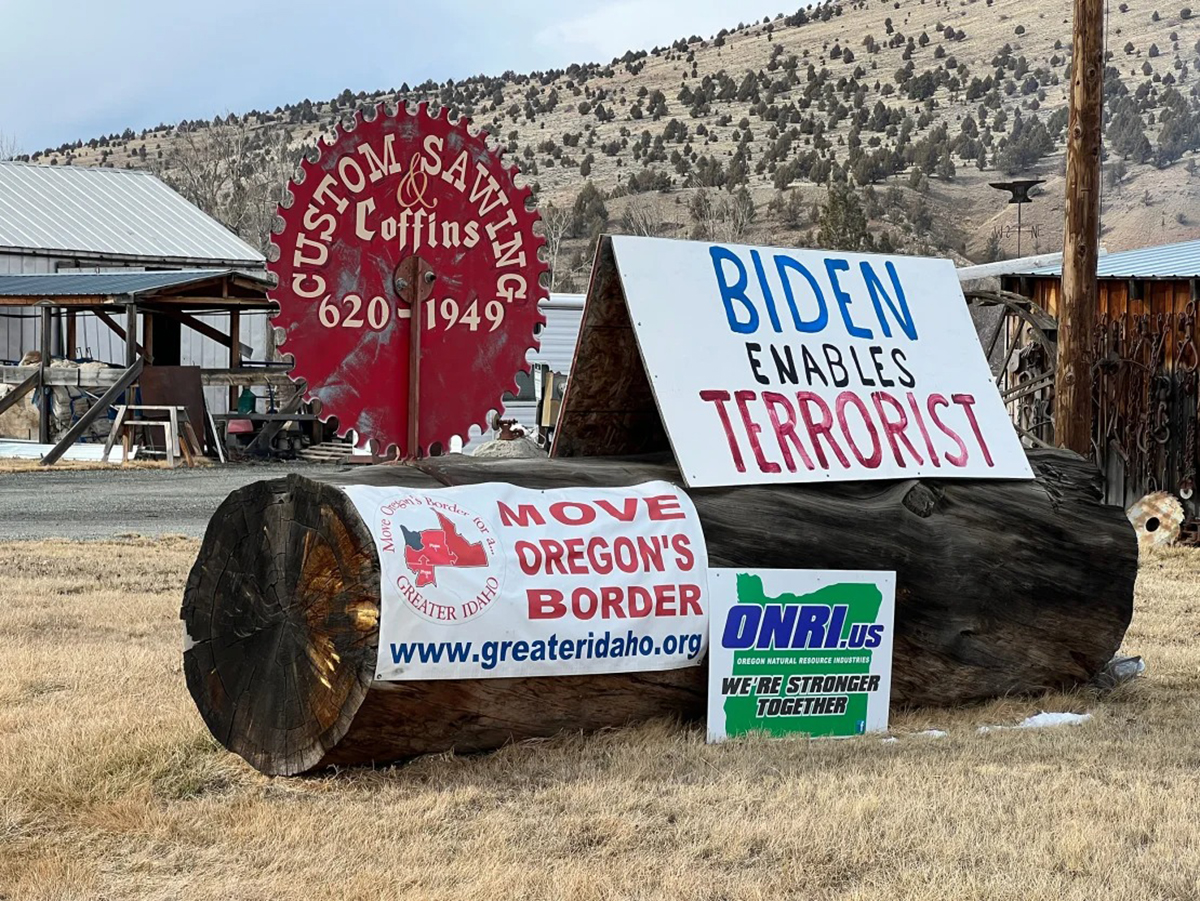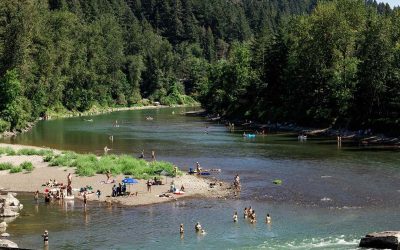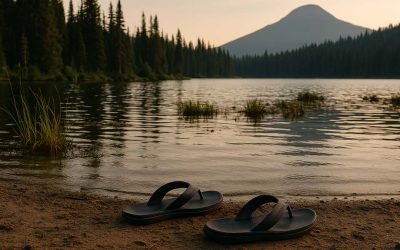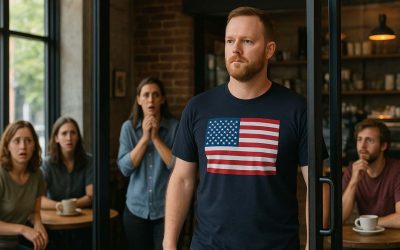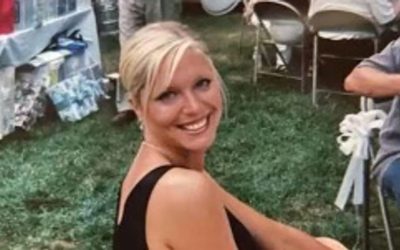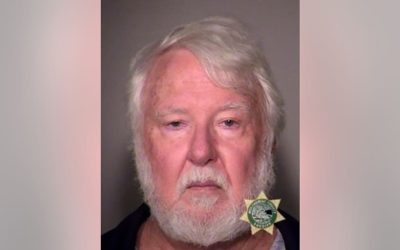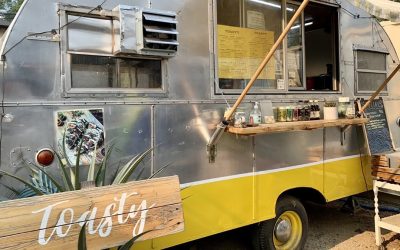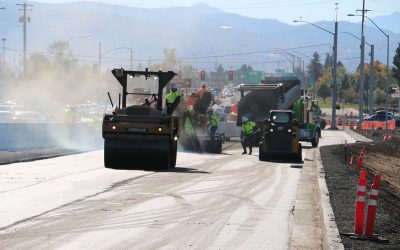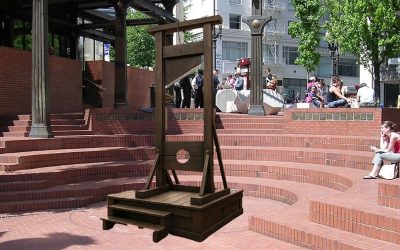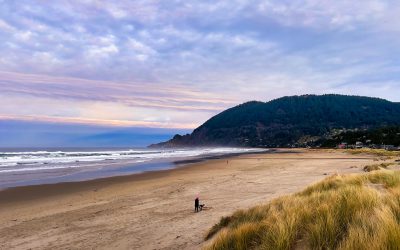On April 1st, the commissioners of Wallowa County dispatched correspondence to several political figures in both Oregon and Idaho, urging a renewed conversation on the potential realignment of the state boundary to incorporate certain eastern Oregon counties into Idaho. This initiative is part of what's known as the "Greater Idaho" movement. Hit the link here if you are interested in reading more on their official site.
The communications were directed to Governor Tina Kotek of Oregon, Governor Brad Little of Idaho, and the legislatures of both states, with initial coverage by the Oregon Capital Chronicle.
Commissioners Todd Nash, John Hillnock, and Susan Roberts of Wallowa County authored the letters, which were later shared by KOIN 6 News. They discussed Local Measure No. 32-007, which mandates semiannual meetings of the county commissioners to consider advocating for the extension of Idaho's border to encompass Wallowa County. This measure narrowly passed with 1,752 votes in favor and 1,745 against. The commissioners emphasized that any border adjustment would require approval from both state legislatures and appealed for prompt action to bring this proposal to discussion.
The letters explicitly stated that while the commissioners remained neutral on the measure itself, they respected and supported the decision made by the voters of Wallowa County. Despite reaching out, spokespeople for the Oregon Senate Majority Office and the Oregon House Republican Leader Jim Helfrich indicated they had not yet seen the letters.
As of now, twelve eastern Oregon counties have endorsed the Greater Idaho initiative, with Wallowa County joining the seven that have formally requested state consideration of this issue. Mike McCaw, a proponent of the movement, emphasized the necessity for legislative and gubernatorial engagement to address the community's wishes and initiate talks about redrawing state lines.
The Greater Idaho movement seeks to shift the border westwards to allow residents of predominantly conservative counties to align with Idaho, which they feel better represents their political ideologies, contrasting with Democrat-led Oregon since 1987.
Counties such as Baker, Crook, Gilliam, Harney, Klamath, Lake, Malheur, and Wallowa have been involved in this proposal. In early 2023, the Idaho House of Representatives took a proactive step by passing legislation that facilitates these discussions with Oregon counterparts.
Proponents of the Greater Idaho movement believe that the progressive values of western Oregon do not reflect the rural lifestyles and traditions they hold dear. They feel their way of life is jeopardized by policies crafted in the heavily Democratic, urban-centric Portland area. The movement's members feel alienated and overlooked by a state government that, in their view, caters predominantly to urban progressive agendas. This sentiment was exacerbated by a contentious emissions tax proposal, which many in rural Oregon opposed, arguing it would negatively impact the agricultural sector’s profitability.
Advocates for the border adjustment argue that aligning with Idaho—a state governed by Republicans—would better represent their interests. They believe Idaho's government would be more sympathetic to their priorities, which include issues related to religious values, personal freedoms, the right to bear arms, and conservative views on abortion. A representative for the movement expressed to High Country News that joining Idaho would safeguard their "values that emphasize faith, freedom, individualism, and tradition," reflecting a community ethos that resonates more closely with their own.
In Oregon, State Senator Dennis Linthicum introduced SJM 2, advocating for these border negotiations, although it stalled in committee. Governor Kotek has expressed her intent to understand and alleviate the political concerns of rural constituents by promising engagement and dialogue during her visits across Oregon in her inaugural year in office.
Kotek has articulated a desire to collaborate and find common solutions with neighboring states, recognizing the widespread frustration among Oregonians in rural areas and emphasizing the importance of unity and cooperative dialogue.

